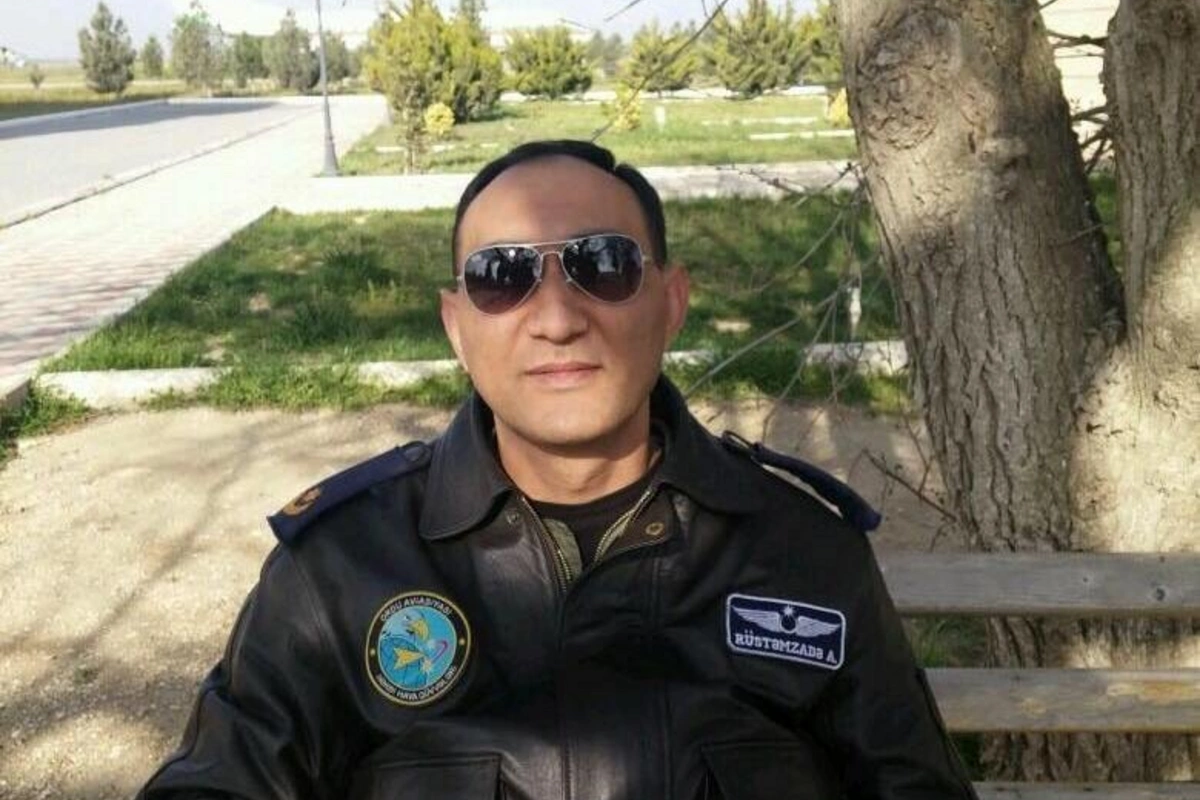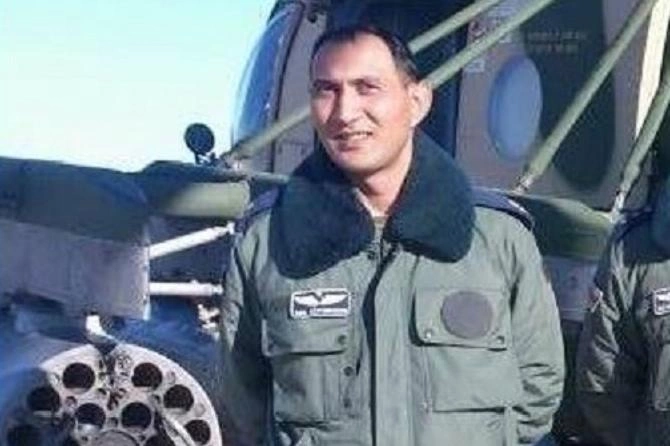
A tragic event took place in the skies over Aktau, where an AZAL Embraer 190 AR crashed, drawing worldwide attention. The heroic behavior of the crew-and especially the skill of the pilots, who managed to control the aircraft using only engine thrust after all control systems had failed-allowed them, at the cost of their own lives, to save half of the passengers. This feat has been recognized and discussed by aviation experts all around the world.
We have always acknowledged the skill of our local pilots, but this incident prompted a more detailed examination of the matter. For clarification, we decided to speak with military pilot, reserve officer, and well-known defense analyst in the media sphere, Agil Rustamzade. Mr. Rustamzade graduated from the Baku Higher Military Aviation School with a specialization as a pilot-engineer. His expertise covers systems for both aircraft and spacecraft. Currently, he serves as a security and defense expert and analyst on various media platforms and portals.
- Mr. Rustamzade, the tragedy in the sky compelled the entire world to acknowledge the skill of our pilots, who managed to save so many lives thanks to their experience and ability to make the only correct decision under horrifying force-majeure circumstances. First and foremost, this is probably a testament to our aviation school, which has taken the best from global aviation schools, isn’t it?

- If we are talking about training and flight practice for our civil aviation pilots, things are taken very seriously here. First, the pilots learn to fly various aircraft, which requires logging a substantial number of flight hours. They begin with basic training on a single-engine airplane under the supervision of experienced, highly qualified pilots. In the Flight Academy, cadets also spend a lot of time on intensive training across different subjects. The training lasts four years.
As for military pilots, this is somewhat different. Military aviation is a separate academy, a separate school. The first military pilots were trained from the ranks of those who had participated in the First Karabakh War. Here, the Soviet experience was used, along with the study of military conflicts in various arenas, not limited to just the First Karabakh War. The training was conducted by very experienced pilots, who had taken part in combat missions. Naturally, the Azerbaijani Army was always preparing to de-occupy its territories. Great attention in military aviation was paid to combat training, the ability to use different weapons systems, tactical training, and conducting aerial operations.
- Have you personally encountered any emergency situations in flight where you had to make unconventional decisions?
- In my flight experience, by the grace of God, nothing beyond the ordinary ever happened. Yes, there have been special situations-like landing gear failing to deploy or false fire alarms-where an unconventional approach was necessary. But nothing particularly frightening occurred. However, I can tell you about incidents some of our pilots have experienced. I recall an event from a few years ago when the engine of an L-39 training aircraft stopped mid-flight. Fortunately, this happened near an airfield, and the pilot, demonstrating great skill, managed to land the plane safely.
- How would you assess the future of our aviation in light of scientific and technological progress and the introduction of unmanned systems?
- We are keeping pace with the rest of the world in this regard-and we are already actively involved in this process. In the past, aircraft had flight engineers on board, but automation has progressed to the point where they are no longer needed. The development of radio-navigation equipment has made onboard navigators unnecessary. The advent of artificial intelligence allows for combat operations without a pilot, which we have clearly seen during both our 44-day war and the ongoing Russo-Ukrainian war.
The only downside to artificial intelligence is that, based on the evolving situation, it still cannot make certain types of decisions on its own, so humans remain indispensable. However, operating unmanned aircraft is already possible, and we can see that drone aviation is developing at such a rapid pace that it could soon replace fighter jets and helicopters.
Our Air Force school was formed using the foundations of the Soviet military school and the experience of the Turkish military school, resulting in a very interesting fusion that proved its worth during the 44-day war. Our pilots regularly participate in joint exercises with Turkish forces, which facilitates constant exchange of military expertise and adoption of the latest NATO combat experience. You probably know that the Turkish army is one of the most capable and combat-hardened militaries in the world, having participated in various armed conflicts.
So we are developing-we are not stuck in our own bubble but continually striving for improvement, never standing still. As far as civil aviation is concerned, it is structured somewhat differently. Yes, civilian pilots share experience among themselves, and they receive various regulatory documents; however, their training does not require specialized combat skills. Hence, they focus more on maintaining their own flight training and practicing on flight simulators to hone their piloting abilities.
- Was your decision to become a pilot purely by chance?
- No, it was not random. For as long as I can remember, I always, always wanted to be a pilot. Even back in middle school, when we had to write essays, I remember stating that I would become a pilot!
Of course, physical fitness is the most important criterion for anyone aspiring to become a pilot. Flight skills demand a universal blend of many qualities: agility, mental coordination, and the ability to grasp various academic subjects. In other words, excelling academically does not necessarily guarantee you will be a good pilot. Alternatively, someone might be a strong pilot in practice, but without the proper knowledge base, they cannot fully master their profession. Out of ten people who enter flight school, typically only two or three progress to become combat pilots. There is a stringent selection process, so it is a very interesting profession that requires qualities not often found together in one person.
To those who want to become pilots, I would say-go for it! It is truly fascinating work, and I wish all future pilots the best of luck.
Share on social media